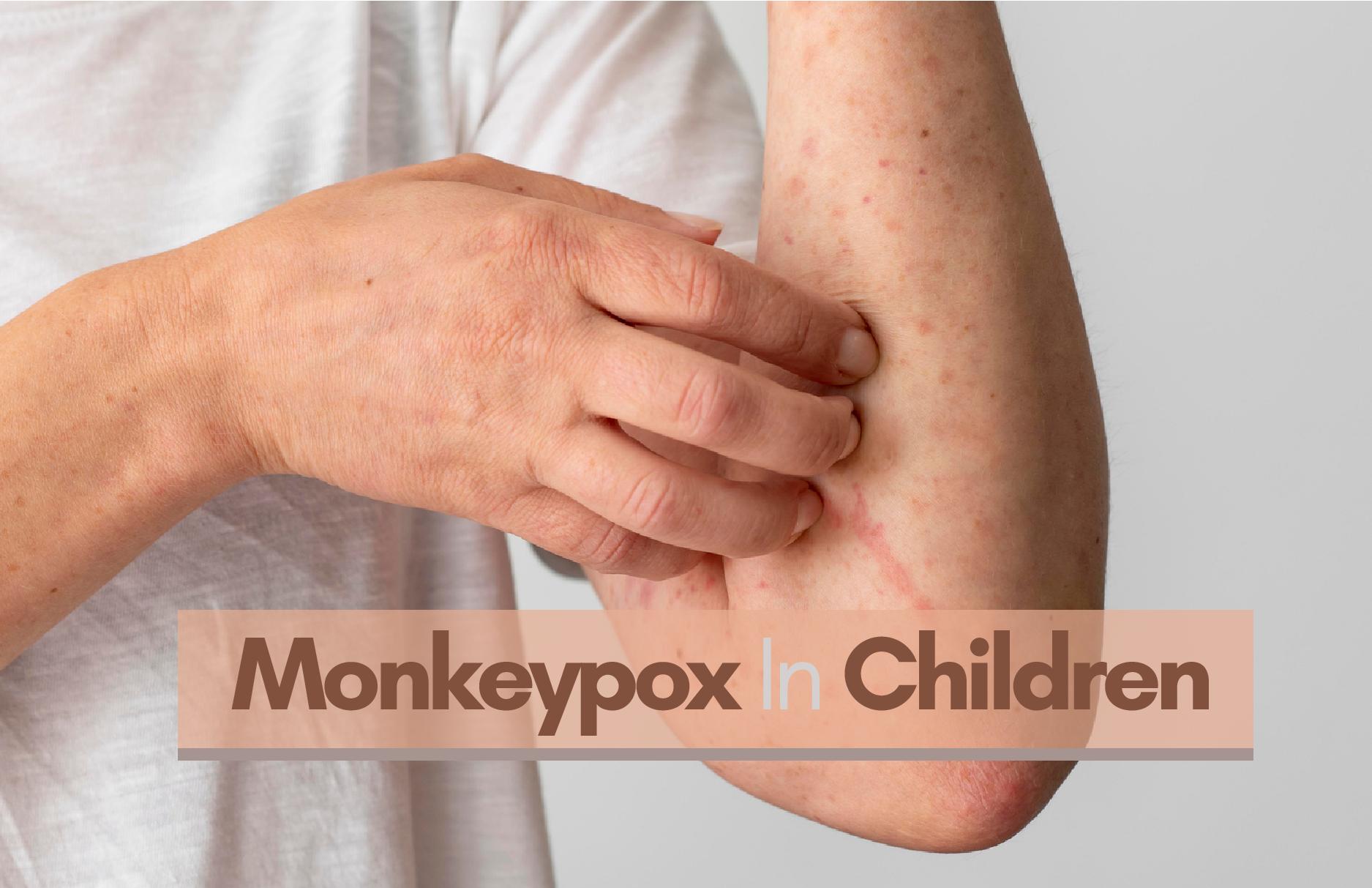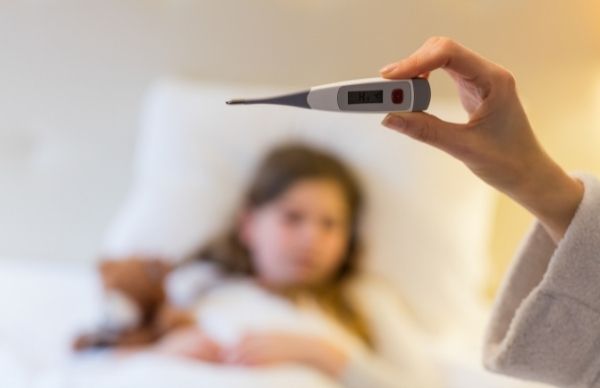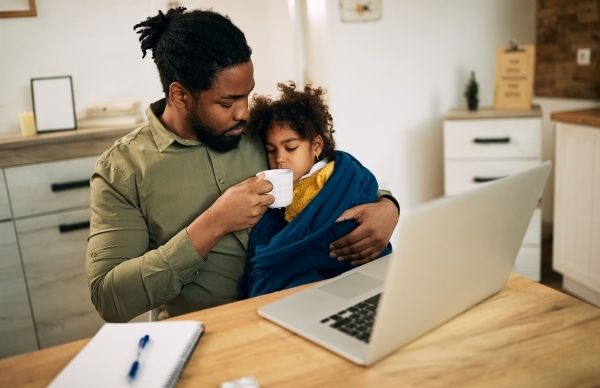Just In
- 14 hrs ago

- 15 hrs ago

- 18 hrs ago

- 18 hrs ago

Don't Miss
- Movies
 Pavi Caretaker Box Office Collection Day 1 Prediction: Dileep's Movie Expected To Open Strongly
Pavi Caretaker Box Office Collection Day 1 Prediction: Dileep's Movie Expected To Open Strongly - Sports
 Who Won Yesterday's IPL Match 41? SRH vs RCB, IPL 2024 on April 25: Royal Challengers Bangalore End Losing Streak
Who Won Yesterday's IPL Match 41? SRH vs RCB, IPL 2024 on April 25: Royal Challengers Bangalore End Losing Streak - Finance
 Bajaj Group Stock Declares Rs. 60/Share Dividend: Buy Ahead of Record Date On 28 June?
Bajaj Group Stock Declares Rs. 60/Share Dividend: Buy Ahead of Record Date On 28 June? - News
 MEA Dismisses US Human Rights Report On Manipur As 'Biased And Misinformed'
MEA Dismisses US Human Rights Report On Manipur As 'Biased And Misinformed' - Automobiles
 Royal Enfield Unveils Revolutionary Rentals & Tours Service: Check Out All Details Here
Royal Enfield Unveils Revolutionary Rentals & Tours Service: Check Out All Details Here - Technology
 Elon Musk’s X Is Launching a TV App Similar to YouTube for Watching Videos
Elon Musk’s X Is Launching a TV App Similar to YouTube for Watching Videos - Education
 AICTE introduces career portal for 3 million students, offering fully-sponsored trip to Silicon Valley
AICTE introduces career portal for 3 million students, offering fully-sponsored trip to Silicon Valley - Travel
 Escape to Kalimpong, Gangtok, and Darjeeling with IRCTC's Tour Package; Check Itinerary
Escape to Kalimpong, Gangtok, and Darjeeling with IRCTC's Tour Package; Check Itinerary
Monkeypox In Children: Symptoms To Watch Out For And More Details
The monkeypox virus is an orthopoxvirus that causes a disease with symptoms similar to smallpox but less severe. Monkeypox is a zoonosis, or a disease transmitted from animals to humans. The virus is commonly found in tropical rainforests, where there are animals that carry the virus. Monkeypox has been detected in animals such as squirrels, Gambian poached rats, dormice, and various species of monkeys, among others [1][2].
Human-to-human transmission is rare; the longest documented chain of transmission is six generations, which means that the last person infected in this chain is six links away from the original infected individual.
Infection can be transmitted through contact with bodily fluids, lesions on the skin, or mucosal surfaces, such as those in the mouth and throat, and via respiratory droplets and contaminated objects.

Monkeypox In Children: Everything You Need To Know
Although monkeypox symptoms are quite easy to identify in adults, the task becomes more difficult in children since the early signs are similar to smallpox and chickenpox [3].
What are the symptoms of monkeypox in children?
Rash, fever, and body aches are the most common symptoms of pox diseases [4].
In addition to lymph node swellings, monkeypox infections may also result in severe exhaustion. Initially, a raised spot begins on the face and spreads to the palms and feet and later develops into a blister filled with fluid and scabs that fall off. Symptoms may last between two and four weeks.
According to health experts, some of the most common early symptoms of monkeypox are as follows [5]:
- Moderate to high fever
- Rashes
- Body aches
- Lymph nodes
- Excessive tiredness
Rashes: Parents should be aware that monkeypox symptoms begin to manifest on the second or third day following the onset of the infection. Rashes of this type usually begin on the face and then spread to the hands, palms, and feet. They are usually fluid-filled.
Fever: According to experts, children with monkeypox viral fever have a significantly higher fever than adults. The fever usually remains at 101 to 102 degrees. If you notice any of these symptoms in your child, please seek immediate medical attention.
How is monkeypox different in children as compared to adults?
The fever in children, as compared to adults, is generally higher (reaching 102 F) on days 2-3.

Typically, the rash appears on day 3 or 4 and gradually progresses. In children, there is a greater likelihood of weakness and exhaustion. However, headaches are seldom reported. Therefore, hydration and fluid management with antipyretics are necessary for children.
How To Prevent Monkeypox In Children?
- One of the most important preventive measures is hand hygiene (soap and water for 20 seconds or alcohol-based hand sanitiser) [6].
- Transmission from animal to human should be prevented.
- Be sure to thoroughly cook meat.
- Avoid any contact with a person who has a rash or fever.
- Avoid contact with any fluid or object from a sick patient.
What Do Experts Have To Say?
Dr David Porter, the paediatric infectious diseases consultant at NHS Foundation Trust, stated that parents who have a child who develops a rash need not be concerned about whether it could be monkeypox because they are seeing a very low number of cases [7].
In all previous outbreaks outside of Africa over the last few years, there have been only a few children who have contracted this virus, so it is almost exclusively a problem for adults.

"And without any contact history with somebody that's known or strongly felt to have monkeypox, and then if you've got a rash at this time of year when we've seen lots of rashes from chickenpox and other things in children, hand, foot and mouth disease, then that's what it's likely to be," the expert added [8].
On A Final Note...
While monkeypox is a rare and mild infection in children, it can mimic the more common chickenpox. With the lockdown easing, parents should be vigilant about viral infections, experts advise.
-
 kidsTwin Viral Concerns Of COVID-19 And Monkeypox In Kids: What Parents Should Know
kidsTwin Viral Concerns Of COVID-19 And Monkeypox In Kids: What Parents Should Know -
 wellnessCommon Household Items Can Carry Monkeypox, CDC: What You Should Know
wellnessCommon Household Items Can Carry Monkeypox, CDC: What You Should Know -
 wellnessPets Should Be Isolated From Monkeypox Patients: WHO
wellnessPets Should Be Isolated From Monkeypox Patients: WHO -
 wellnessCan Washing Clothes Eliminate Monkeypox? Steps To Get Rid Of The Monkeypox Virus Through Laundry
wellnessCan Washing Clothes Eliminate Monkeypox? Steps To Get Rid Of The Monkeypox Virus Through Laundry -
 disorders cureAsymptomatic Monkeypox: Its Health Complications, Vaccine And Dos & Don'ts
disorders cureAsymptomatic Monkeypox: Its Health Complications, Vaccine And Dos & Don'ts -
 disorders cureMonkeypox vs Chickenpox: Know The Difference; If You Had Chickenpox, Are You Safe?
disorders cureMonkeypox vs Chickenpox: Know The Difference; If You Had Chickenpox, Are You Safe? -
 wellnessIndia Reports Second Confirmed Case Of Monkeypox From Kerala's Kannur: Official
wellnessIndia Reports Second Confirmed Case Of Monkeypox From Kerala's Kannur: Official -
 wellnessMonkeypox: Kerala Steps Up Vigil, Issues Special Alerts To Five Districts
wellnessMonkeypox: Kerala Steps Up Vigil, Issues Special Alerts To Five Districts -
 wellnessCovid-19 Vaccines Don't Cause Monkeypox, Shingles
wellnessCovid-19 Vaccines Don't Cause Monkeypox, Shingles -
 wellnessGovt Releases Monkeypox Guidelines On Detecting And Treating The Disease
wellnessGovt Releases Monkeypox Guidelines On Detecting And Treating The Disease -
 wellnessMonkeypox: We Have Vaccines And Drugs To Treat It
wellnessMonkeypox: We Have Vaccines And Drugs To Treat It -
 wellnessCentre Advises Isolation Of Suspected Monkeypox Cases At Designated Health Facilities
wellnessCentre Advises Isolation Of Suspected Monkeypox Cases At Designated Health Facilities


 Click it and Unblock the Notifications
Click it and Unblock the Notifications



